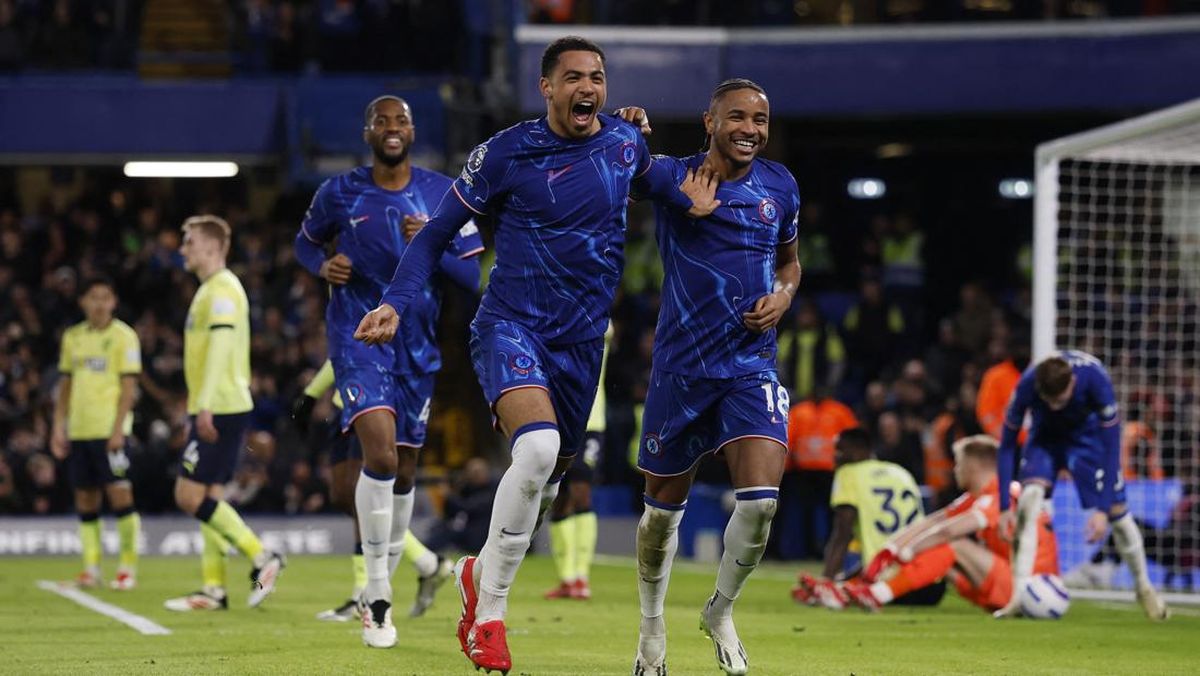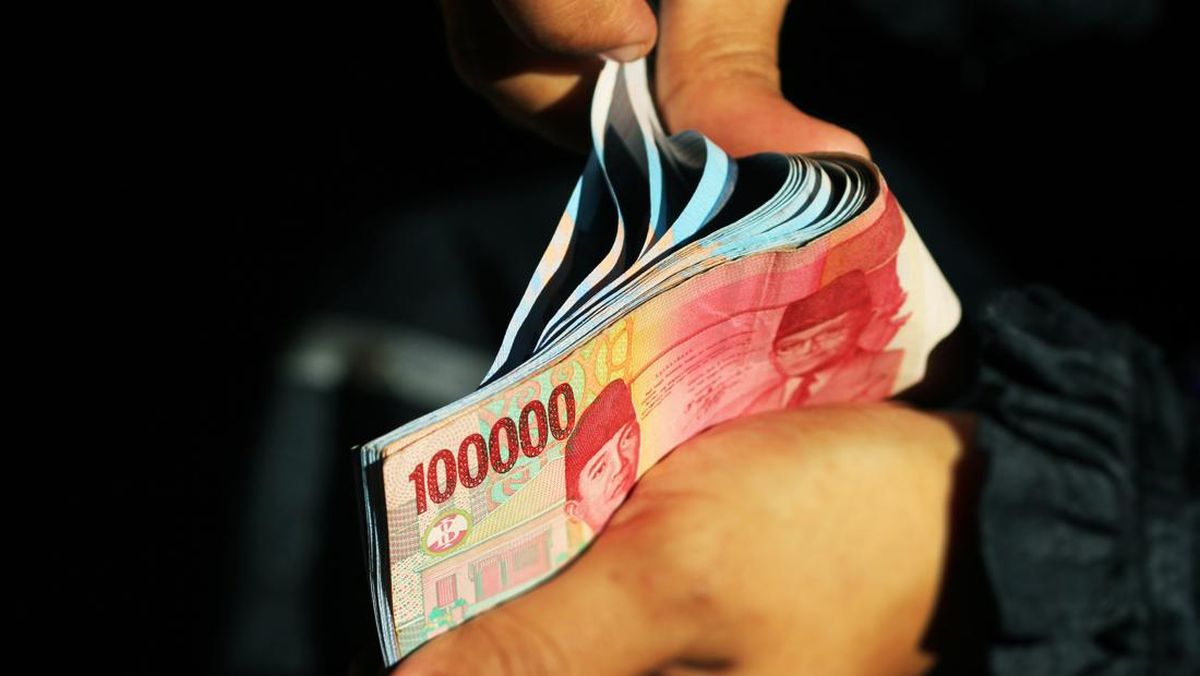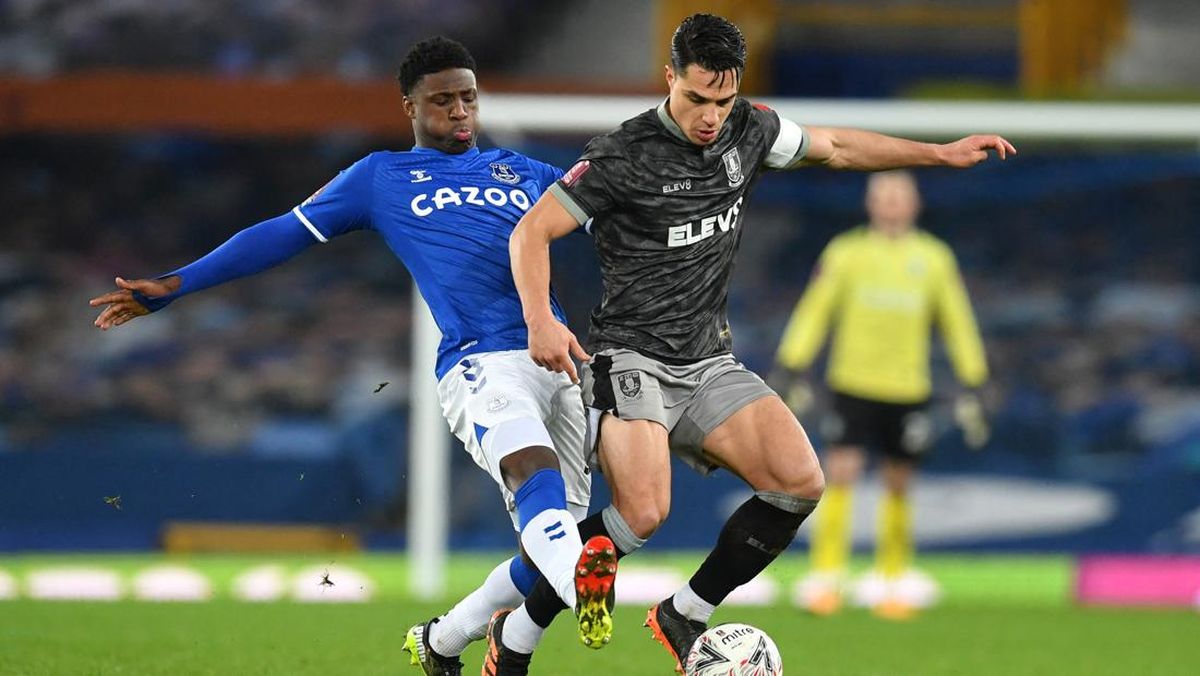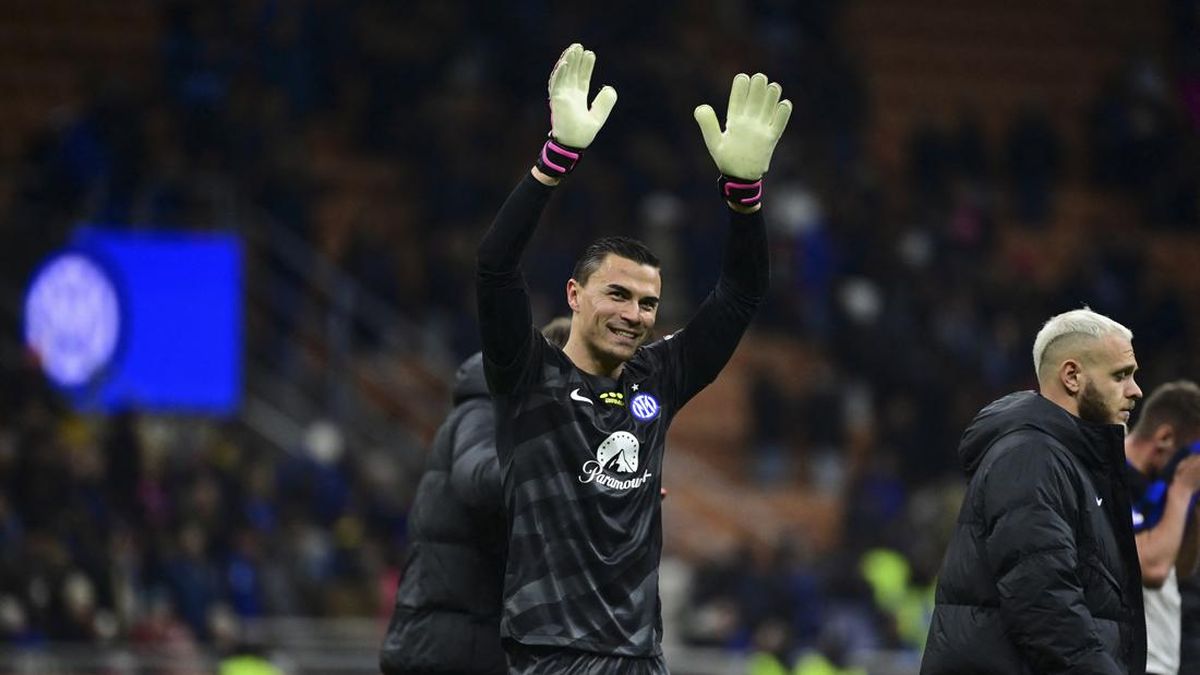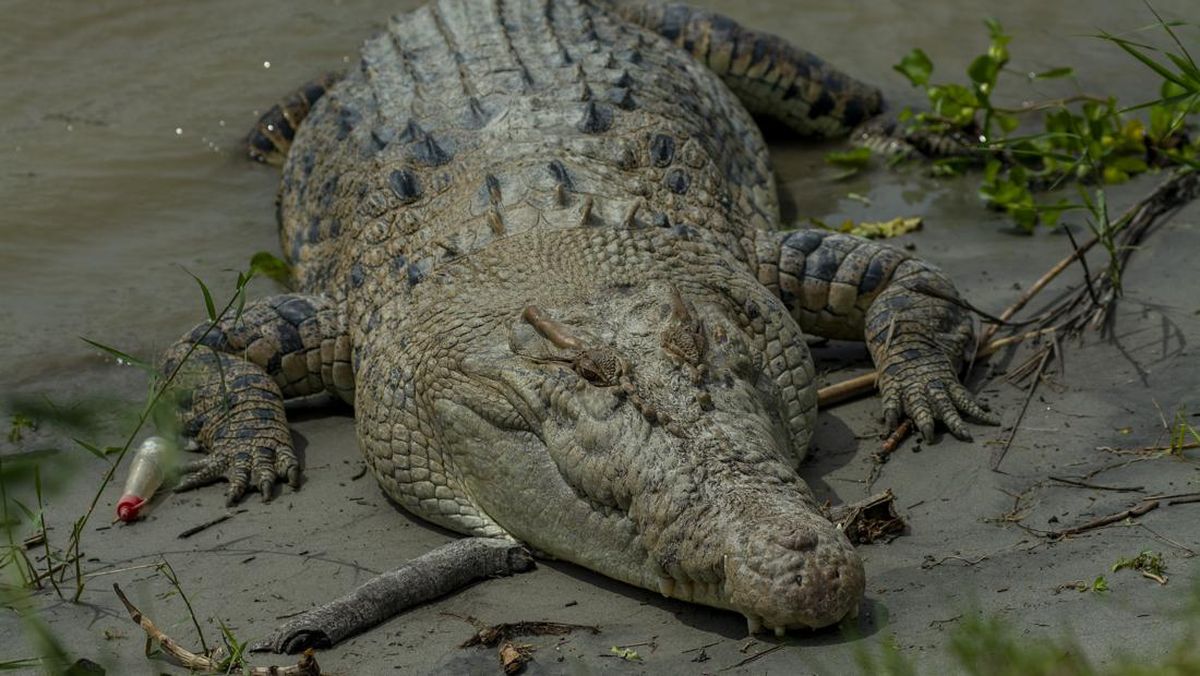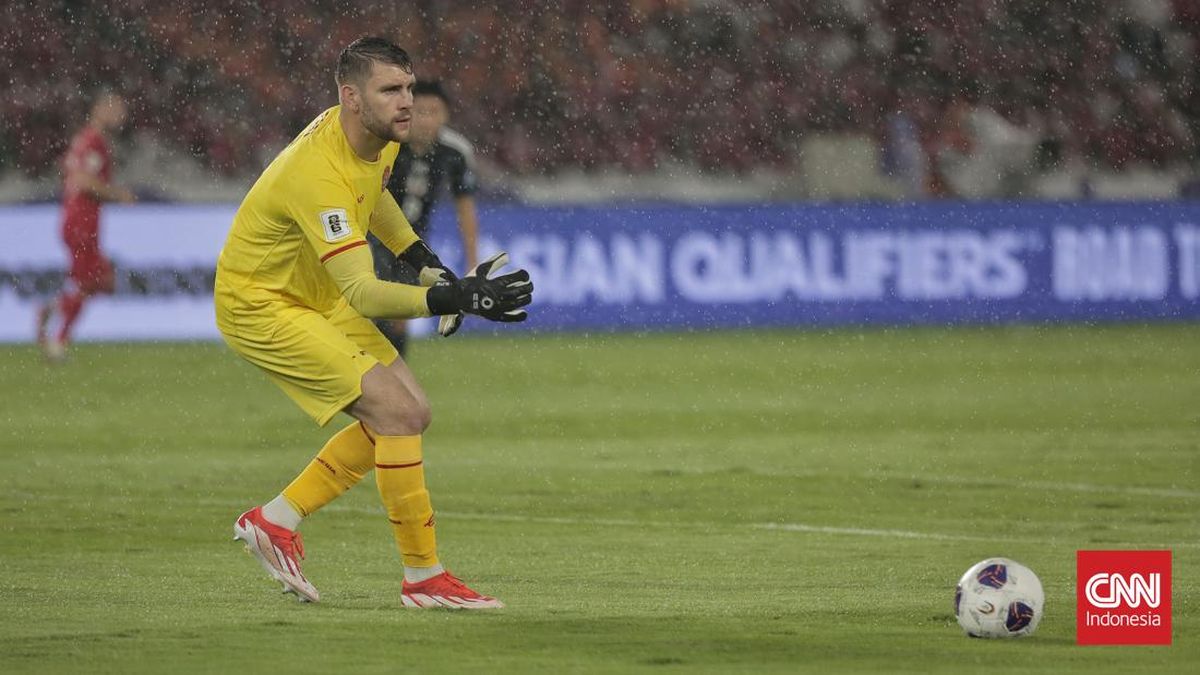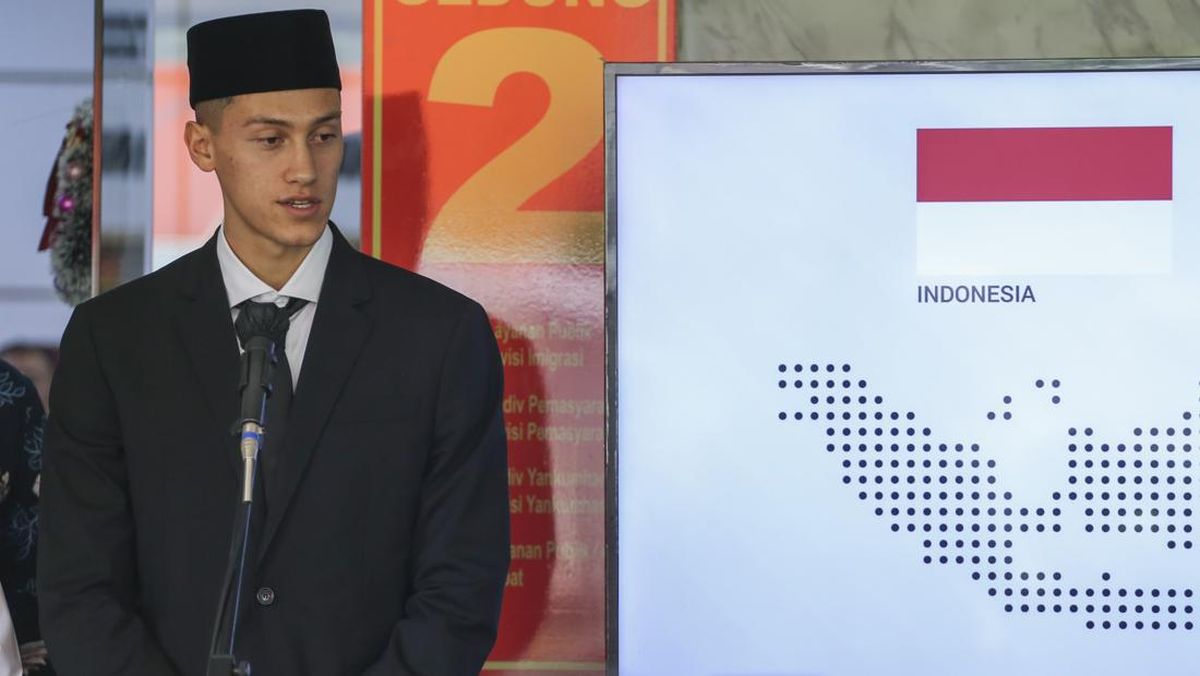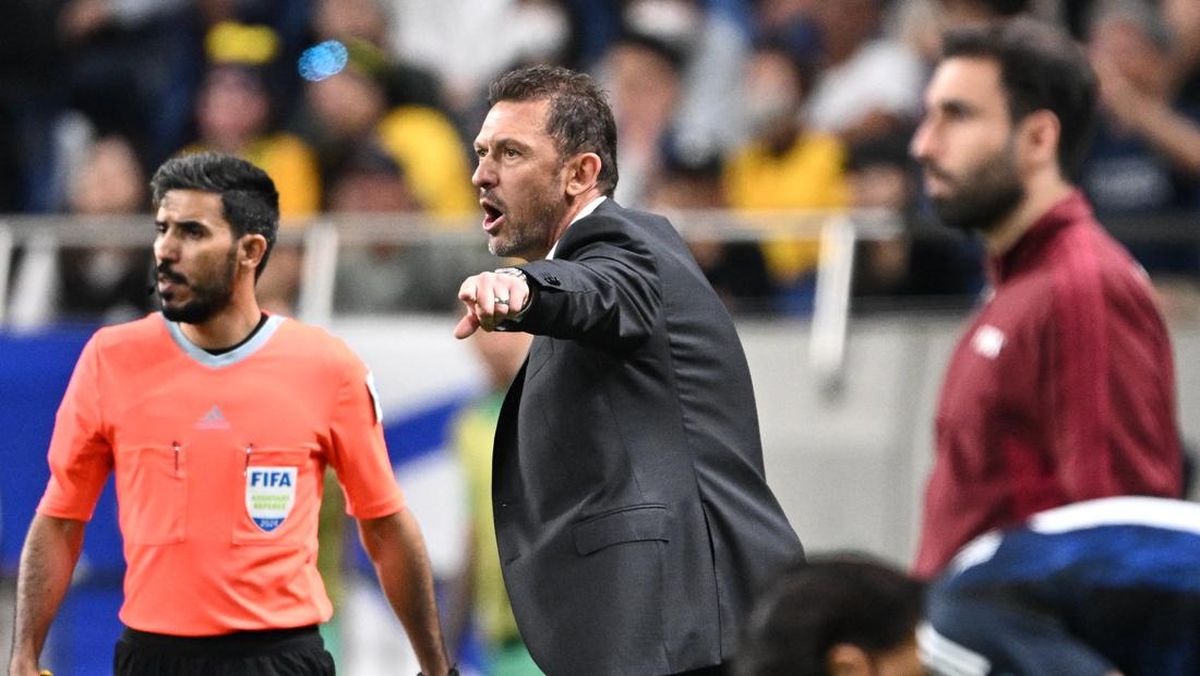London, United Kingdom — British Prime Minister Keir Starmer has proudly described a new deal with the European Union spanning defence, security, and trade as a “win-win” pact that puts the nation “back on the world stage”.
But nine years after Britain narrowly voted in favour of leaving the EU, the deal announced on May 19 has prompted a sigh of relief for some and stinging criticism from others, underscoring just how divisive the legacy of Brexit remains in the country.
While many sections of British society have welcomed the agreement, Richard Tice, an MP for the anti-immigration party Reform UK, responded to the deal with a single-word post on social media: “Betrayal.”
The deal offers concessions on European visas for British citizens, shorter queues at European airports, and possibly cheaper food in the UK. But on the flip side, the UK has agreed to allow European fishing fleets access to British waters for an extra 12 years.
 Shoppers buy food in a supermarket in London on August 17, 2022. PM Starmer has said he expects food prices to come down as a result of the deal with the EU [File: Frank Augstein/AP Photo]
Shoppers buy food in a supermarket in London on August 17, 2022. PM Starmer has said he expects food prices to come down as a result of the deal with the EU [File: Frank Augstein/AP Photo]‘Best news in nine years’
Phil Rusted, who runs a firm called Practical Plants in Suffolk that imports plants from Europe, is among those who are delighted.
“My instinct is it is the best news we have got in nine years,” he said. “It almost gets us back to where were before Brexit. It helps me to take on more staff, to develop my business. The last few years have been very unpredictable; I will be more assured about what my costs are going to be.”
The business sector, more broadly, has also largely responded positively to the agreement.
“In a world where higher US tariffs are threatening to throw globalisation into reverse, trade deals, even if relatively minor, are generally good news,” said Philip Shaw, chief economist at Investec Bank. “The obvious gainer is the food sector, which will benefit from a reduction in checks at the EU border, which could make a material difference to exporters’ and importers’ costs.”
The Federation of Small Businesses, a group that represents small- and medium-sized firms in the UK, described the EU deal as “genuine progress”, crediting it for “untangling the rules for small exporters of plant and animal products”.
“For too long, small businesses have shouldered the burden of unpredictable customs rules and red tape that sap confidence and ambition,” it said.
And popular opinion in the UK appears to be behind the agreement. Polling by YouGov shows that 66 percent want to have a closer relationship with the EU, compared with just 14 percent who do not.
To be sure, experts say the UK has to compromise too. “The devil in a trade deal is of course always in the detail,” said Paul Dales, chief economist at Capital Economics. In addition to accepting EU access to British waters for fishing, the UK has also agreed to pay an unspecified “appropriate financial contribution” to join the jurisdiction of the European Court of Justice, Dales pointed out.
 The new deal between the UK and the EU extends the access European fishing fleets enjoy to British waters by 12 years [File: Rafael Yaghobzadeh/AP Photo]
The new deal between the UK and the EU extends the access European fishing fleets enjoy to British waters by 12 years [File: Rafael Yaghobzadeh/AP Photo]‘Nothing of value in return’
But the deal has also faced strong pushback.
The National Federation of Fishermen’s Organisations, in a statement on May 19, said the agreement “surrenders the best prospect that the fishing industry and coastal communities had for growth over the coming decade”.
Three days later, it issued a more biting statement, saying the deal “drags UK fishing back into a past we thought had been left behind”.
Shaw conceded that if the food industry had benefitted from the deal, the fishing sector stood “at the other end of the scale”.
And it is not just fishers. The deal has also revived a broader debate over whether the UK, in seeking to realign itself with elements of the EU’s rules and regulations, is violating the mandate of Brexit.
Former Prime Minister Boris Johnson, under whom Britain formally withdrew from the EU in 2020, described the deal as an “appalling sell out” in a post on X.
Tony Gabana, a web developer from London who was too young to vote in 2016, holds that view.
“Whether it’s a good deal or not, it does seem an attempt to reverse what a lot of people voted for,” Gabana said. “It doesn’t sit right with me. It feels like a step to further concessions, which, again, no one voted for.
“Are we a democracy or not?”

 1 day ago
13
1 day ago
13






























